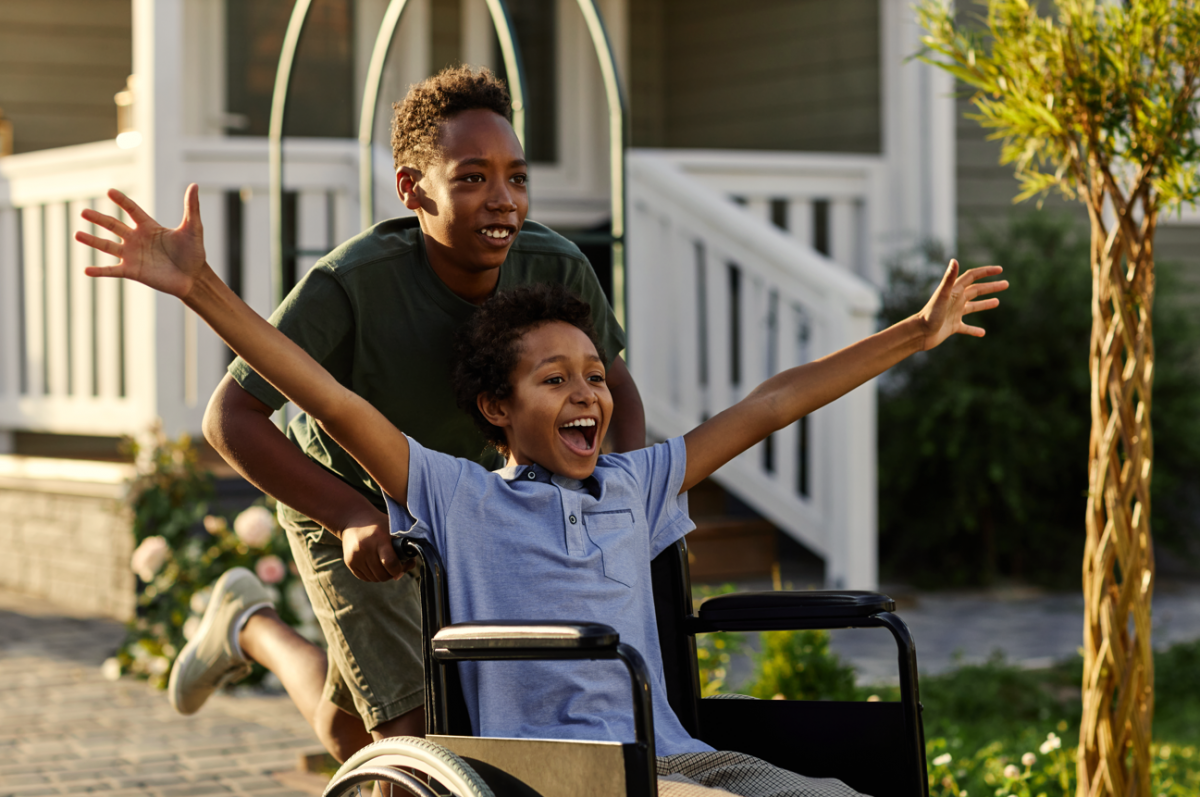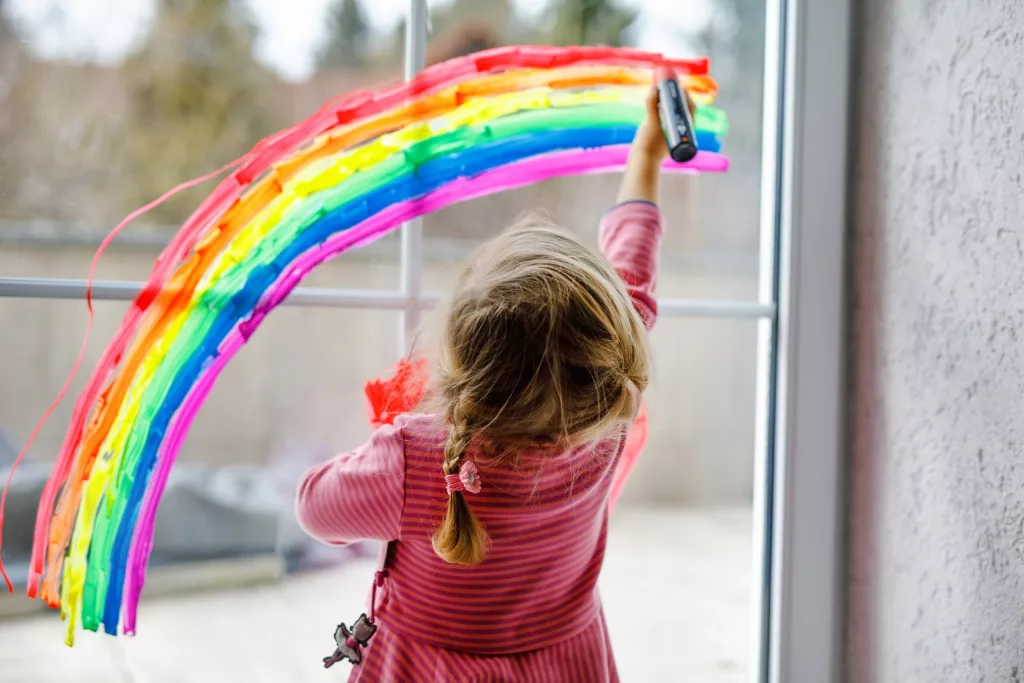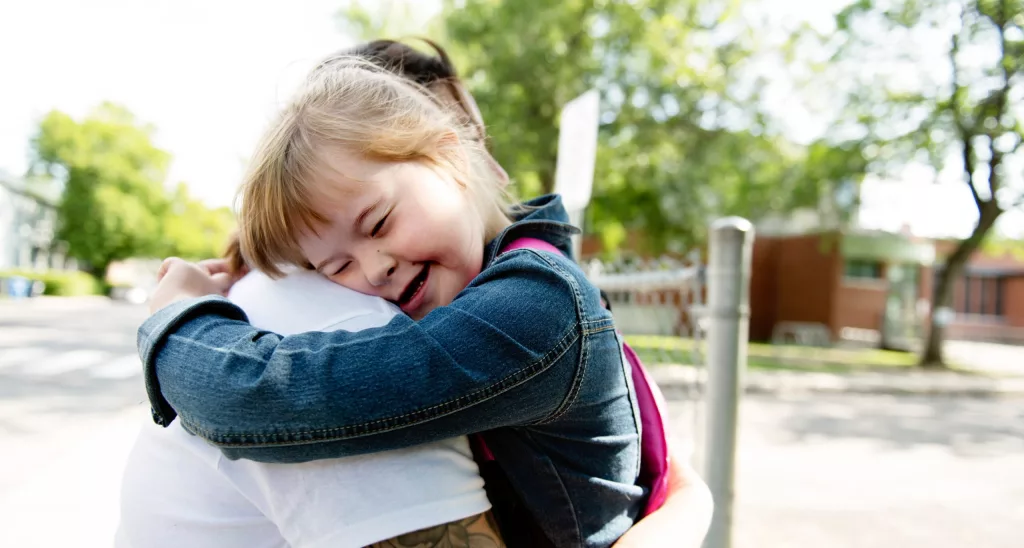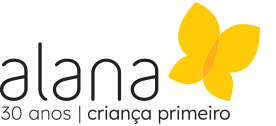04/07/2023
“Leaving no one behind means not leaving anyone offline,” emphasized António Guterres, Secretary-General of the United Nations, addressing digital inclusion at the annual meeting, attended by Alana’s legal and international advisor
Over a billion people worldwide have some form of disability—including approximately 240 million children—according to data from the World Health Organization (WHO) and the United Nations Children’s Fund (UNICEF).
In support of this population, the United Nations General Assembly ratified the Convention on the Rights of Persons with Disabilities (CRPD). The Conference of States Parties promotes implementation of this international treaty, and is an important forum for advancing disability rights at a global level.
Alana participated in the 16th Conference of States Parties (COSP) in New York, United States, from June 12 to 15, 2023, and engaged in discussions about topics such as equitable access and inclusion in sexual and reproductive health services for individuals with disabilities, digital inclusion, and the rights of underrepresented segments of the disabled community, including children and adults with intellectual disabilities.
The COSP convened representatives from countries that have ratified the CRPD, including Brazil, and also included participation from civil society organizations advocating for disability rights. The annual meeting at the UN headquarters in New York takes place to assess the CRPD’s implementation, facilitate exchange of experiences, and deliberate on challenges and best practices in advancing disability rights.
“Participation in the COSP reinforces Alana’s international engagement alongside other civil society organizations that can contribute and share experiences on the implementation of the Convention, especially from the perspective of children and adolescents with disabilities in the Global South, and individuals with intellectual disabilities,” comments Letícia Carvalho, a lawyer and international advisor at Alana.
Easy-to-understand communication
In 2022, the UN General Assembly adopted a resolution to promote easy-to-understand communication. The resolution provides guidance for conveying information in an accessible and uncomplicated manner, in order to make it more understandable for people with different levels of linguistic ability or reading comprehension difficulties.
At COSP, the Brazilian Federation of Down Syndrome Associations (FBASD) and the Jô Clemente Institute (IJC) presented an initiative that engages people with Down Syndrome and intellectual disabilities as advocates for their rights and those of their communities. The initiative is being carried out with Alana’s support.
In recent months, these organizations have collaborated with self-advocacy groups to influence legislation and proposals related to the rights of individuals with Down Syndrome in areas such as education, health, and employment.
Digital access
This year’s conference also underscored the importance of digital inclusion, which ensures that digital environments are accessible to all, including individuals with disabilities. Assistive technologies, which augment the capabilities of people with disabilities, were a central theme.
“Leaving no one behind means not leaving anyone offline,” stated António Guterres, Secretary-General of the UN, at the conference’s opening. Accessibility is a prerequisite for equity. At the same time, the lack of digital inclusion risks further marginalizing individuals with disabilities, particularly when digital technologies are not designed with accessibility in mind.
“Our participation highlighted our commitment to the broader understanding that individuals with disabilities form a diverse group, with intersections such as age, class, and race. These must be factored into the implementation of public policies,” noted Letícia Carvalho.




